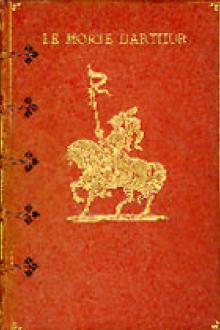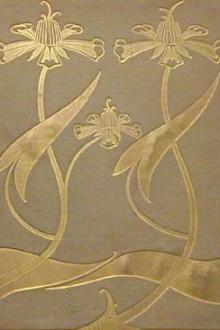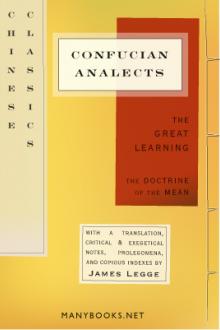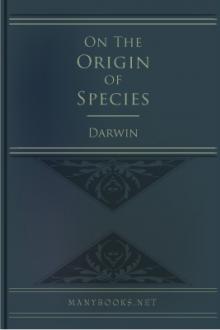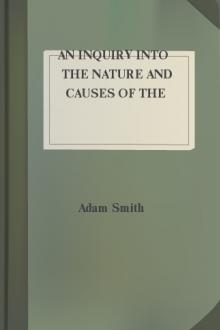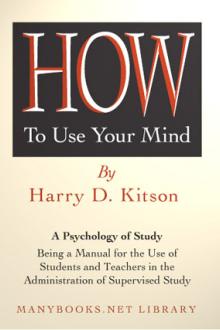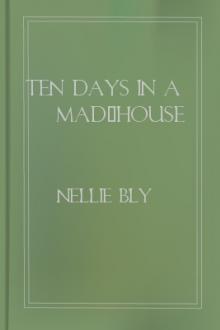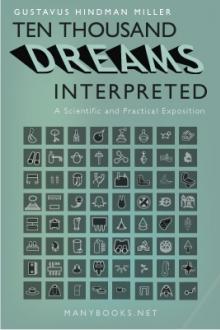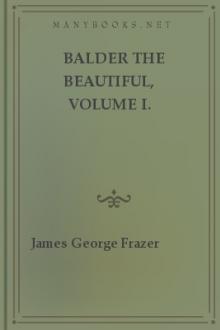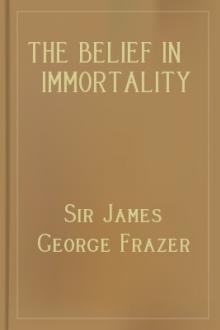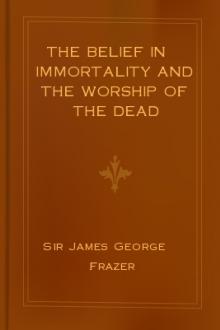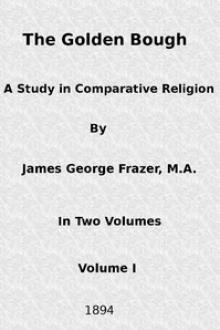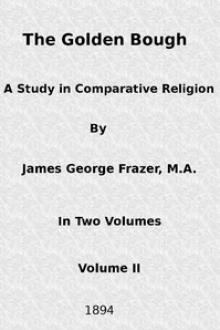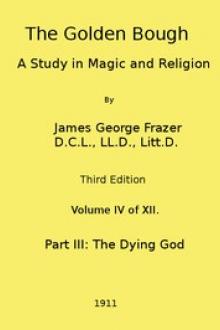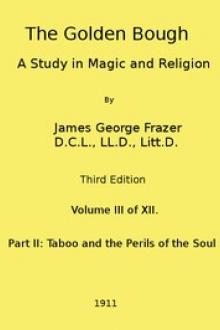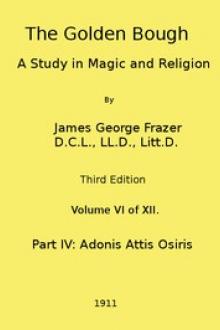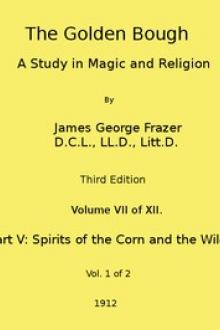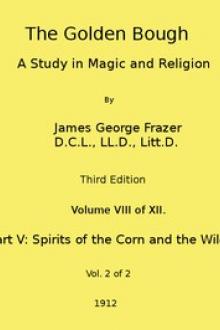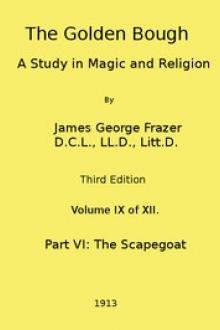The Golden Bough
The Golden Bough
A Study of Magic and Religion
A wide-ranging, comparative study of mythology and religion, first published as two volumes in 1890. It was aimed at a broadly literate audience raised on tales The Age of Fable, or Stories of Gods and Heroes, and offered a modernist approach to religion, treating it as a cultural phenomenon rather than discussing it from a theological perspective.
Book Excerpt
WHO does not know Turner's picture of the Golden Bough? The scene, suffused with the golden glow of imagination in which the divine mind of Turner steeped and transfigured even the fairest natural landscape, is a dream-like vision of the little woodland lake of Nemi-- "Diana's Mirror," as it was called by the ancients. No one who has seen that calm water, lapped in a green hollow of the Alban hills, can ever forget it. The two characteristic Italian villages which slumber on its banks, and the equally Italian palace whose terraced gardens descend steeply to the lake, hardly break the stillness and even the solitariness of the scene. Diana herself might still linger by this lonely shore, still haunt these woodlands wild.
In antiquity this sylvan landscape was the scene of a strange and recurring tragedy. On the northern shore of the lake, right under the precipitous cliffs on which the modern village of Nemi is perched, stood the sacred grove and sanctuary of Diana Nemorensis, or Diana of the Wood. The lake and the grove were sometimes known as the lake and grove of Aricia. But the town of Aricia (the modern La Riccia) was situated about three miles off, at the foot of the Alban Mount, and separated by a steep descent from the lake, which lies in a small crater-like hollow on the mountain side. In this sacred grove
Editor's choice
(view all)Popular books in Non-fiction, Myth
Readers reviews
4.5
LoginSign up
its a fantastic book
- Upvote (0)
- Downvote (0)
An excellent book - but it is a condensation of Frazer's entire work. One of the finest (but outdated) works on the origins and study of religion
10/03/2010
This famous book marked a turning point in the consideration of religion. While it is certainly dry and 'scholarly' (as another reviewer has mentioned), that was part of the point. It presents the history and evolution of religion from an objective viewpoint outside of it. It contains a wealth of knowledge, and its perspective was a near revolution for its time.
11/29/2009
This is one of the classic texts of comparative religion and exploring pagan practices.
For those genuinely interested in Shamanic or Mystic traditions, this can be considered an important bit of background reading. It is, however, not the most readable of books - it's approach is scholarly rather than lively, so those wanting a lighter approach to the subject would do well to avoid this.
For those genuinely interested in Shamanic or Mystic traditions, this can be considered an important bit of background reading. It is, however, not the most readable of books - it's approach is scholarly rather than lively, so those wanting a lighter approach to the subject would do well to avoid this.
03/30/2005
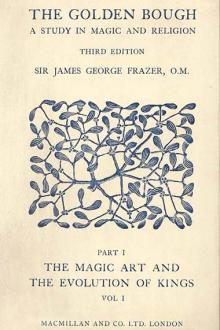
 Free Download
Free Download













